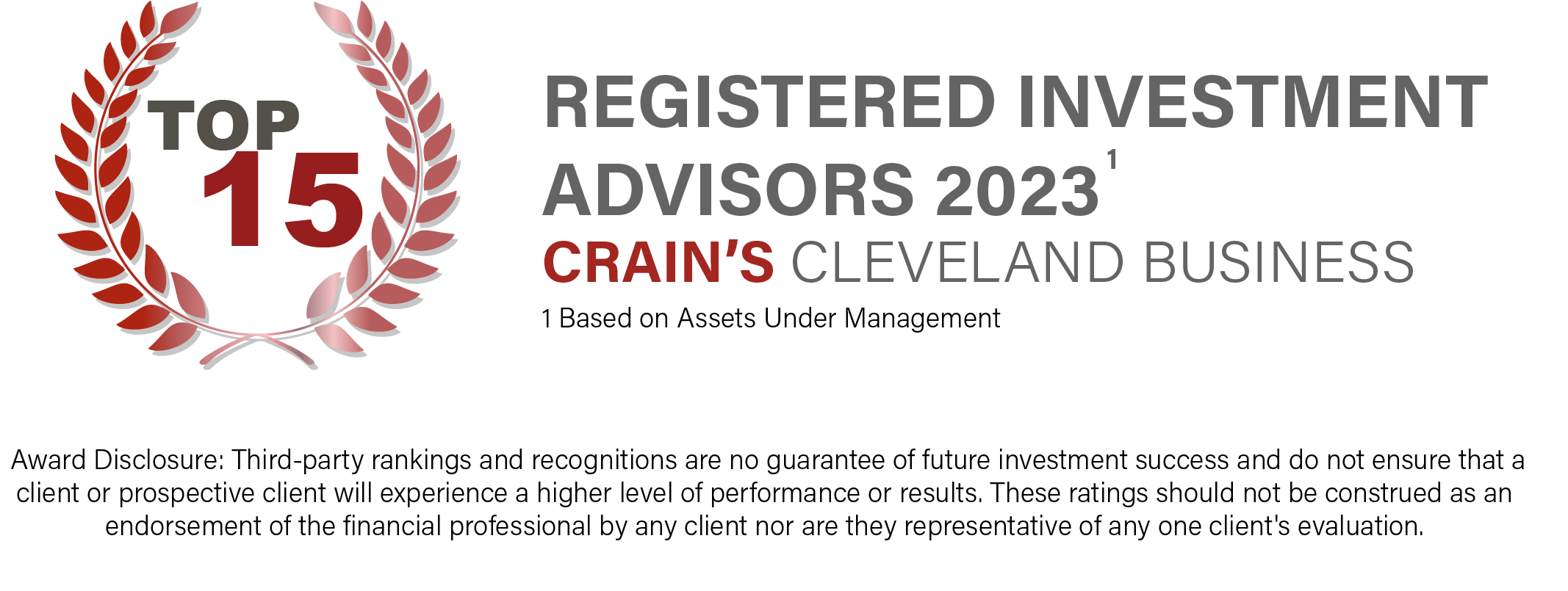Category: Investment
The investment implications of the government shutdown
Our team employs external financial research from many different economists, analysts and research firms. This research provides valuable input into how we actively monitor and manage your portfolio. Periodically, we share this research with you in addition to our own analysis and market commentary. Linked below is a piece by J.P. Morgan that examines the investment implications of the government shutdown. The federal shutdown, which started Oct. 1, poses three broad problems for the economy, namely, the drag from the shutdown itself, the confusion it is causing on the state of the economy and the fact that it has occurred when the economy was likely already entering a soft patch. Enjoy the analysis from J.P. Morgan, and thanks for your confidence in our team at Lineweaver! Please click here to
Harness the Superpower of Compounding While Reducing “Tax Drag”
By Chad Roope, CFA ®, Chief Investment Officer Compounding is the superpower of investing. Following the Rule of 70, an investment averaging 10% per year will double in just seven years. That’s the kind of growth that builds real wealth over time. But there’s a catch. Anything that slows compounding, even slightly, can have a dramatic impact on your long-term results. One of the biggest threats to that is unnecessary taxes. In the chart below, a JP Morgan analysis shows that a modest 1% annual “tax drag” on a $1 million investment in the U.S. stock market from 2014 to 2024 would have reduced its value by $326,000. At 2%, the loss jumps to $625,000. That’s money that could have been working for you. We all must pay our fair share of taxes. However, we should be very mindful about not paying extra. At Lineweaver, we employ proven, proactive strategies to help reduce unnecessary taxes so you can keep more of your gains compounding year after year. Systematic Tax Loss Harvesting Throughout the course of the year, some investments rise while others fall. That’s diversification for you. But we can help with taxes and get the benefits of diversification at the same time. For example, if a particular company hits a rough patch and we have a loss in the stock in a taxable account, we can sell the stock and harvest the loss to help with taxes. We can then reinvest the proceeds in a different company that we either like better or
Lineweaver Wealth Advisors proud to be named on Crain’s Top Advisors list for fifth consecutive year
Lineweaver Wealth Advisors is proud to announce that we have been named as one of the Top 15 Advisors in Cleveland by Crain’s Cleveland Business, moving up three spaces from 18 last year. We are humbled to have received this recognition and credit the hard-working team at LWA and the many clients that we have who put their trust in us. According to the list, LWA is one of only 5 of the 25 on the list of Advisory services that grew over the last year. We do that in two ways. First, our goal is to make smart decisions with our client's money, which helps benefit them. And the second is that our clients, friends, and neighbors are constantly referring new clients to us. We want to help them be successful, so that it’s easy for our clients to say good things about us. Our staff work hard and go the extra mile for our clients while adding a personal touch. People are sick of the phone tree and digital assistants where you’re the one that must answer questions when you have important questions you want to ask your advisor. Technology is important – we use it to help build and monitor our client’s customized portfolios. But, just as important is being able to talk directly to your advisor or a member of our service team if you need help. We also believe everyone needs a Financial Quarterback –an experienced and knowledgeable advisor to coordinate the members of your team, and to help make sure your customized financial plan is consi
What is Cryptocurrency, and is it a Good Investment?
Why is there all of this talk about cryptocurrencies, and should we be listening? Bitcoin began 2017 worth $1,000 per coin, but closed the year at more than $19,000. Other so-called cryptocurrencies—digital currency that is sent and received electronically—are also soaring in value. There are over 1,000 cryptocurrencies in existence. The perceived value of one cryptocurrency over another is based on the notion that the holder of the digital currency gains exclusive access to a given type of blockchain technology,” says Mark Williams (Questrom’93), a Questrom School of Business master lecturer in finance and executive-in-residence. Blockchain uses a volunteer computer network, controlled by no one, to record cyber-currency transactions that while public, link to just an electronic address. Enthusiasts foresee blockchain technology being applied to stocks, bonds, contracts, and other assets. Some speculators view this as a lottery ticket, and if the market adopts your blockchain type, the payday will be astronomical. But this has also created an extreme asset bubble. Betting on a particular cryptocurrency is fraught with uncertainty and high risk. My advice to those contemplating buying cryptocurrencies: do your homework first, understand your personal risk tolerance, and if interested, commit only an amount of money that you are willing to lose and that won’t impact you financially if it is a total bust. For risk-adverse investors, st






 Virteom
Virteom